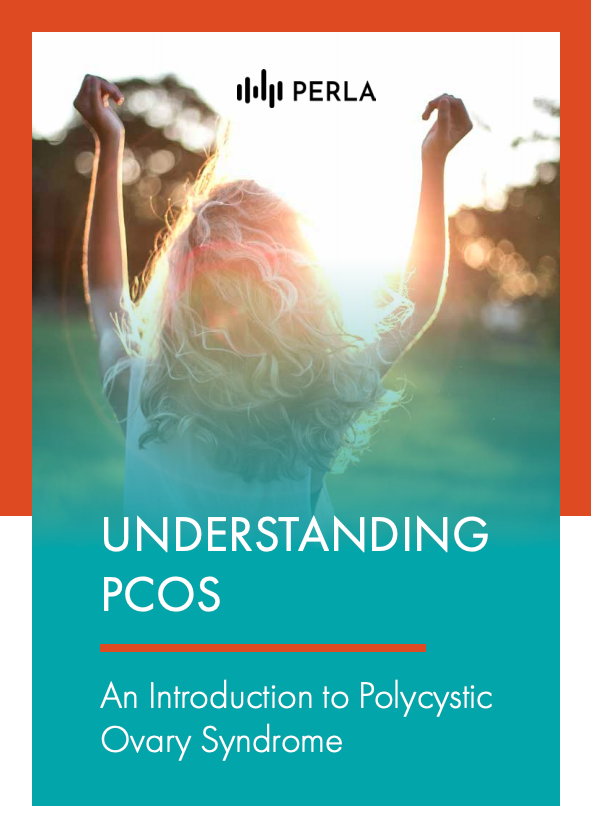The Luteinizing Hormone (LH) is a hormone that is produced in the pituitary gland, a pea-sized gland in the brain. It plays an important role in the sexual development and reproductive function in men and women. In men, LH leads to the production of testosterone in the testes. In women, LH leads to the production of steroid hormones (such as estrogen) in the ovaries, and it helps to regulate the menstrual cycle, the ovulation and implantation of a fertilized egg cell in the uterus.
LH works in connection with the Follicle Stimulating Hormone (FSH) to ensure normal function of the ovaries. When the level of FSH peaks at the same time as an LH surge occurs, it causes ovulation to happen. In PCOS, there are rapid pulses of a hormone called GnRH, causing an increased LH:FSH ratio. This leads to the production of excess androgen and too little conversion of estradiol, which are connected to many of the symptoms of PCOS.
Sources:
- Hormone Health Network (The Endocrine Society). What is Luteinizing Hormone? https://www.hormone.org/your-health-and-hormones/glands-and-hormones-a-to-z/hormones/luteinizing-hormone (accessed 3. August 2020)
- Nedresky D. et al. Physiology, Luteinizing Hormone. StatPearls. https://www.ncbi.nlm.nih.gov/books/NBK539692/ (accessed 3. August 2020)

